Publications
Articles, publications, books, tools and multimedia features from the U.S. Institute of Peace provide the latest news, analysis, research findings, practitioner guides and reports, all related to the conflict zones and issues that are at the center of the Institute’s work to prevent and reduce violent conflict.
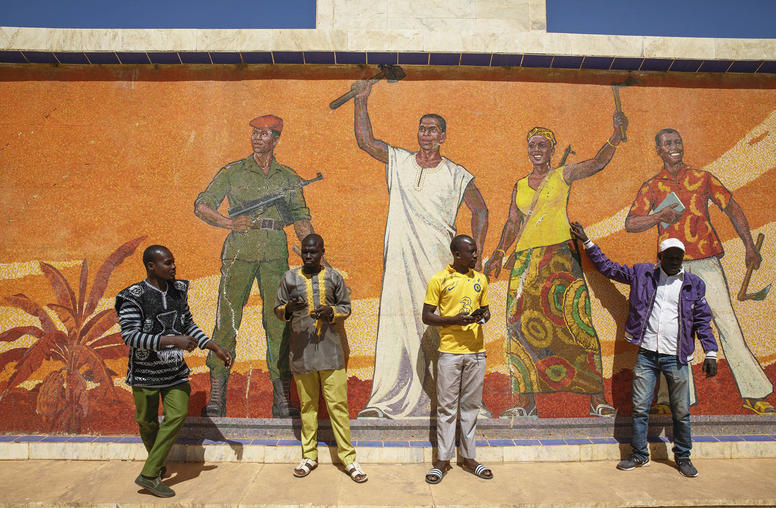
How to Respond to Niger’s Coup — and Prevent the Next One
Military officers in Niger are rushing to consolidate the power they seized 15 days ago, while West Africa’s elected governments and regional institutions are seeking ways to reverse the July 27 coup d’état. Niger’s coup seems a particular setback for democracy, completing a six-nation belt of military regimes across Africa’s Sahel region. Amid this uncertain power struggle, how can the world support Africans’ demonstrated demand for elected, democratic governance that meets their peoples’ needs? We should begin by hewing to several basic principles. One is to keep our responses to coups coherent — but not uniform. Niger’s coup is distinct; our response must be as well.

The New U.S. Africa Strategy Is a Moment We Must Seize
America’s new strategy toward Africa, released this week amid Secretary of State Blinken’s visit to the continent, offers promise for a newly productive relationship, and not a moment too soon. Global crises such as food insecurity, pandemic diseases and climate change—and Africa’s inevitable move in this generation to the world’s center stage—make a first real U.S.-Africa partnership vital. Yet a strategy is not a solution. Both American and African peoples and governments now face urgent tasks to seize this moment and jointly frame concrete milestones for the implementation of a new transatlantic partnership, ideally by December’s U.S.-African Leaders’ Summit.
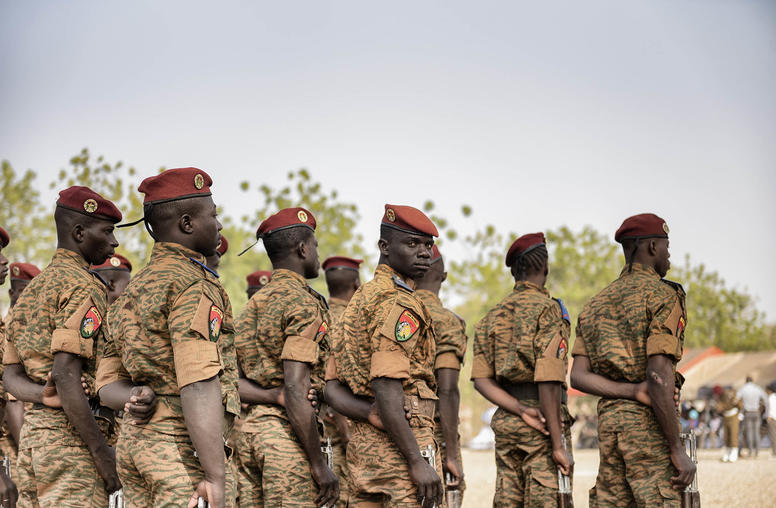
Another Coup in the Sahel: Here’s a Way to Halt This Cycle
This month’s coup d’etat in Burkina Faso, the seventh in 26 months around the Sahel region, only extends the Sahel’s long agonies of failing governance, civil wars and violent extremism. Military-led intervention by France and other outside powers has failed to stem the widening destabilization of a landmass and population vastly bigger than those of the recent U.S. wars in Afghanistan or Iraq. U.S. and international security require a policy reset that addresses the Sahel crisis’ causes rather than its symptoms. In Burkina Faso and other states, this means supporting inclusive processes of national dialogue that can mobilize whole of the society to address those causes.
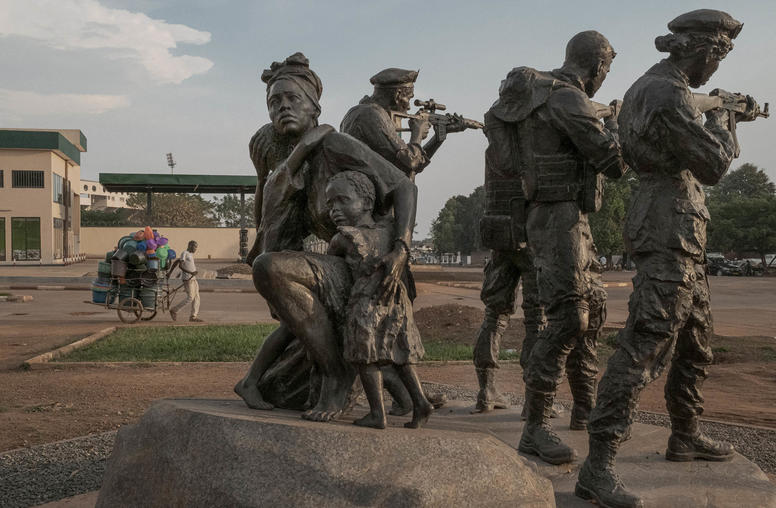
In Africa, Here’s How to Respond to Russia’s Brutal Wagner Group
The United States is rightly concerned at the growing role in Africa of Russia’s Wagner Group, which operates as an auxiliary of President Vladimir Putin’s authoritarian regime. Where African governments have asked Wagner for security assistance, the group deploys military, economic and political interventions that deepen violence, corruption and authoritarian governance. Wagner’s role disrupts Africans’ efforts to move their countries from violent conflict to stability. Yet many Western responses are ineffective, even playing into Kremlin messaging to Africa and the Global South. An effective alternative requires that we listen to Africans’ voices and respond based on our shared values.
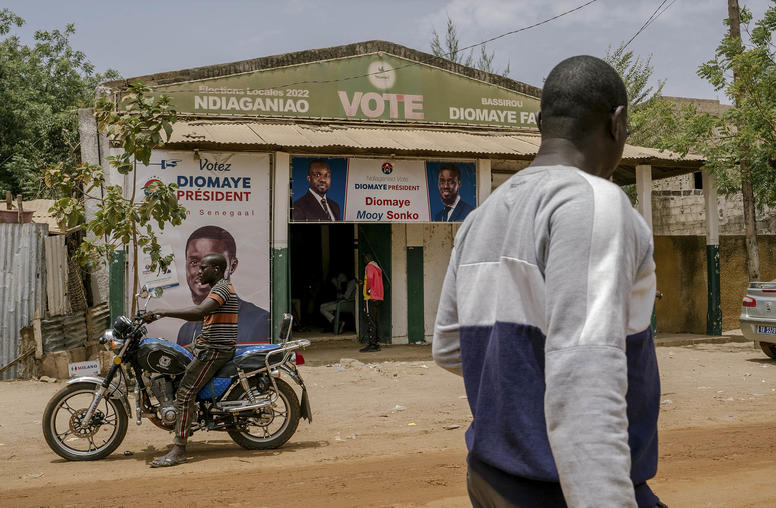
Senegal just saved its democracy. That helps all West Africa.
Senegal’s dramatic transfer of presidential power this week highlights that West Africa, routinely seen as a zone of democratic erosion and failure, includes an arc of resilient coastal democracies — from Senegal to Liberia, Ghana and Nigeria. The Senegalese people’s resolute reversal of last month’s constitutional crisis shows that U.S. and international efforts to counter violent extremism and military coups can reinforce a potent West African democratic constituency. Vital next steps include these: supporting Senegal’s democratic forces in shifting from “campaign mode” to inclusive governance; promoting economic investment to bolster youth employment and rule-of-law reforms; and energizing a West African democratic alliance against extremism and coups.

For Peace in Africa, Boost Regional Blocs — Like West Africa’s ECOWAS
As the United States and international partners work to stabilize Africa’s Sahel region — and to prevent its warfare, violent extremism and armed coups from metastasizing into Africa’s densely populous and strategic Atlantic coast — the West African multinational bloc, ECOWAS, has proven its value in resolving crises and promoting stability. Yet, as global security threats have evolved, ECOWAS, like other multinational bodies, needs updated capacities to meet new challenges. International democracies’ most effective initiative to support West Africa’s stability would be to partner with West Africans to strengthen their vital regional community. A similar strategy is valid across Africa.
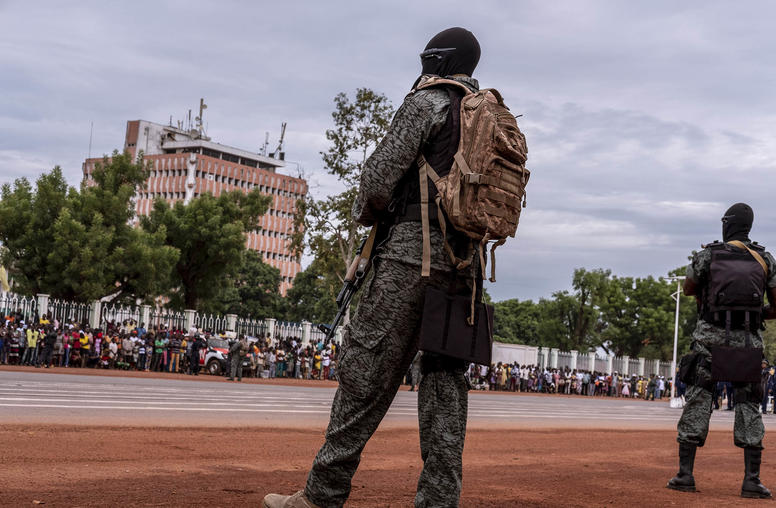
Russia’s Wagner Uprising Will Force a Kremlin Reshuffle in Africa
Three weeks after Russia’s Wagner Group mounted an armed uprising against authorities in Moscow, the still-swirling fallout will force changes in the mercenary group’s operations in Africa. The open outbreak of conflict among rival armed factions that Vladimir Putin sponsors as props of his autocratic regime will now force him to find new managers for his strategy of seeking influence and resources through strongmen and warlords in unstable African countries. These developments open an opportunity for Africans and the West to better illuminate Russia’s corrupt, often brutal methods in Africa, and their consequences.
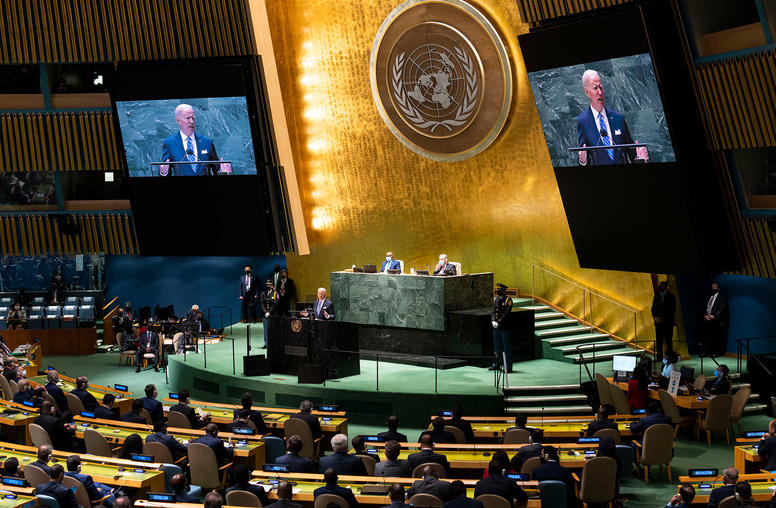
On Ukraine, Africa Needs a Clearer U.S. Message
As democracies rally to defend an international rules-based system against Russia’s brutal attack on Ukrainians, the United States should forge an alliance with African partners by committing with them now to resolve the Ukraine crisis in a way that makes that system fairer and more inclusive. One early step is for U.S. and other policymakers to highlight the core of this conflict: The 44 million Ukrainians are fighting to govern themselves freely within their internationally recognized borders — a cause that is viscerally real to billions of people across Africa and the “global south.”

Joseph Sany on President Biden’s Democracy Summit
Amid a global democratic recession, USIP’s Joseph Sany says President Biden’s Summit for Democracy is an important “statement of solidarity,” but that “if [democracies] want to regain or strengthen their legitimacy,” they must deliver for their people, adding: “If you lose the citizens’ trust, you lose everything.”
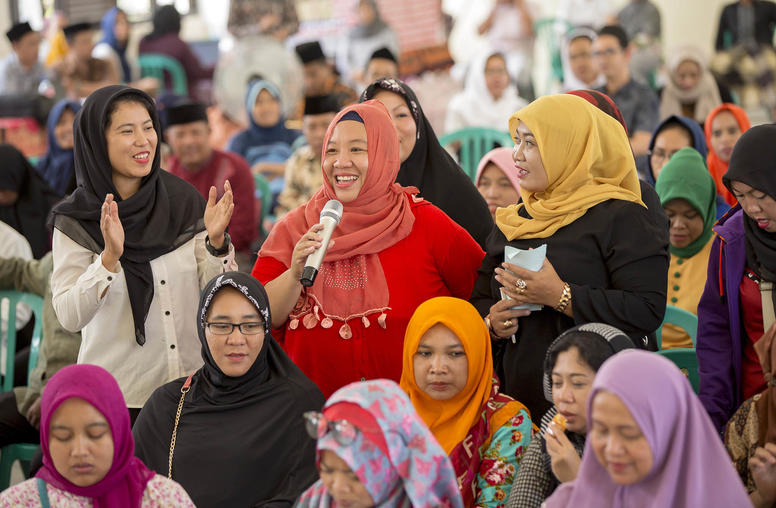
Women’s Inclusion in Peacebuilding Needs to Start Earlier and Go Further
More women are participating in peace processes, but institutions still need to make sure that women’s roles are meaningful rather than just symbolic — and that requires looking far beyond reserving seats at the table during peace negotiations.